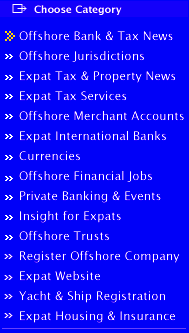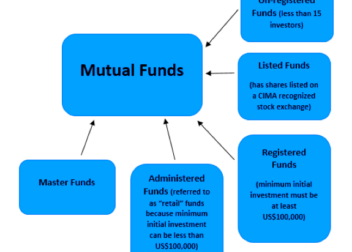Cayman Trust Law Explained
While Cayman Trust Law may seem like a topic it plays a crucial role in the financial strategies of many individuals. Through my experience with clients from different walks of life I’ve witnessed how grasping this law can greatly impact asset management and future planning. The trusts available in the Cayman Islands come with benefits thanks to the islands solid legal system and attractive tax policies. Whether you’re contemplating establishing a trust or just intrigued by its workings this overview will provide you with insights into why numerous people choose Cayman Island, for their trust requirements.
Types of Trusts in the Cayman Islands
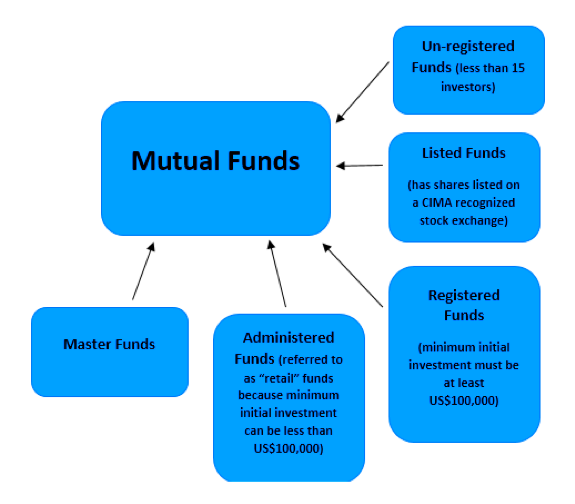
The Cayman Islands provide a range of trusts tailored for various objectives. Familiarizing yourself with these options can assist you in selecting the most suitable trust to meet your requirements.
- Discretionary Trusts: These are flexible, allowing the trustee to decide how and when to distribute assets. It’s ideal for families who want to ensure their wealth is managed according to changing circumstances.
- Fixed Trusts: In this type, the beneficiaries’ shares of the trust are predetermined. It provides clarity and certainty about the distribution of assets, which can be particularly useful in estate planning.
- Charitable Trusts: Set up to benefit charitable organizations or causes, these trusts offer both a way to give back and potential tax benefits.
- Purpose Trusts: These are designed to fulfill specific purposes rather than benefit individuals. For example, they can be used for maintaining family assets or managing complex business interests.
Key Features of Cayman Trusts

Cayman Trusts offer a number of benefits that appeal to individuals and companies alike.
- Privacy: The Cayman Islands have strict privacy laws, which means that details about trust arrangements are not publicly disclosed. This confidentiality is a major draw for those seeking discretion.
- Flexibility: Trusts in the Cayman Islands offer great flexibility in terms of structure and administration. This adaptability allows for tailored solutions that can evolve with changing needs.
- Asset Protection: Cayman trusts provide strong protection against creditors and legal claims. This can be particularly reassuring for those looking to safeguard their assets against unforeseen circumstances.
- Tax Benefits: The Cayman Islands are known for their favorable tax regime, including no direct taxes on income or capital gains. This can lead to significant savings, especially for international investors.
Benefits of Using Cayman Trusts
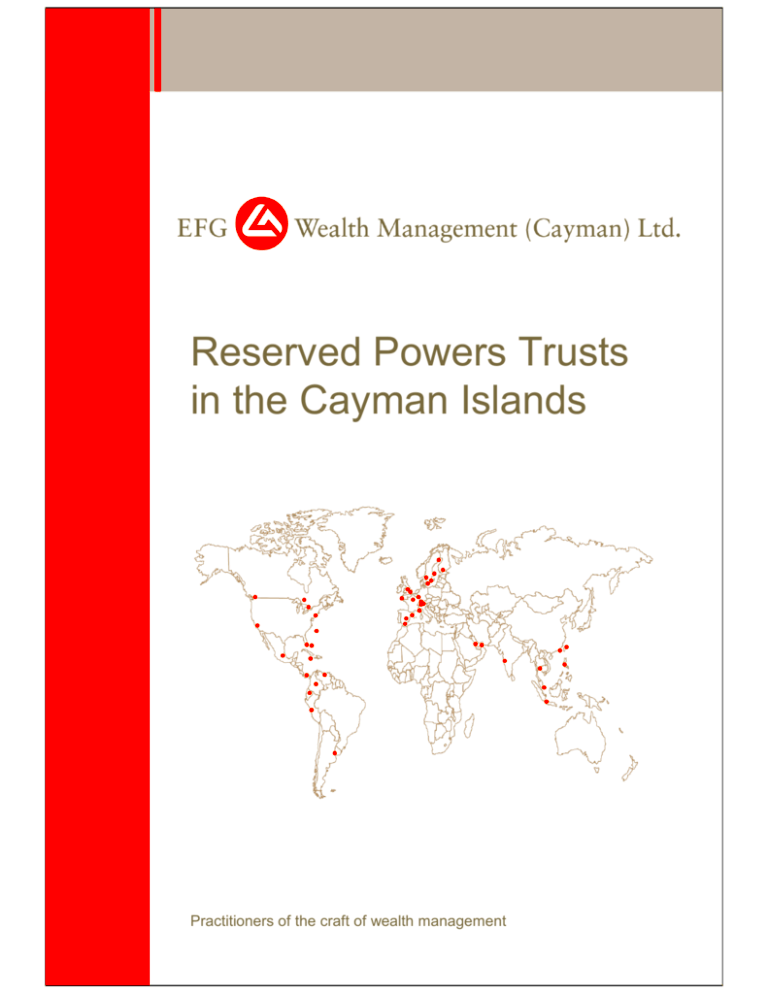
Cayman Trusts provide several advantages in wealth management that can make them appealing for both individuals and families. Based on my experience with clients who have opted for Cayman trusts I can attest to the sense of security they offer. Here are some key benefits.
- Asset Protection: One of the standout features of Cayman trusts is their ability to protect assets from creditors and legal disputes. This protection can be a game-changer for those worried about future financial stability or potential lawsuits.
- Tax Efficiency: With no direct taxes on income or capital gains in the Cayman Islands, these trusts can offer significant tax advantages. For many, this means retaining more of their wealth and ensuring that their assets are managed in the most tax-efficient manner.
- Confidentiality: Privacy is highly valued in Cayman trust arrangements. The island’s strong privacy laws ensure that trust details remain confidential, which can be incredibly reassuring for those who wish to keep their financial affairs private.
- Flexibility: Cayman trusts are known for their flexibility. Whether you need to set specific conditions for how assets are distributed or want to adjust terms as circumstances change, these trusts can be tailored to fit your needs.
- Estate Planning: They are also a powerful tool for estate planning, helping ensure that your assets are distributed according to your wishes, and potentially avoiding lengthy probate processes.
Legal Framework Governing Cayman Trusts
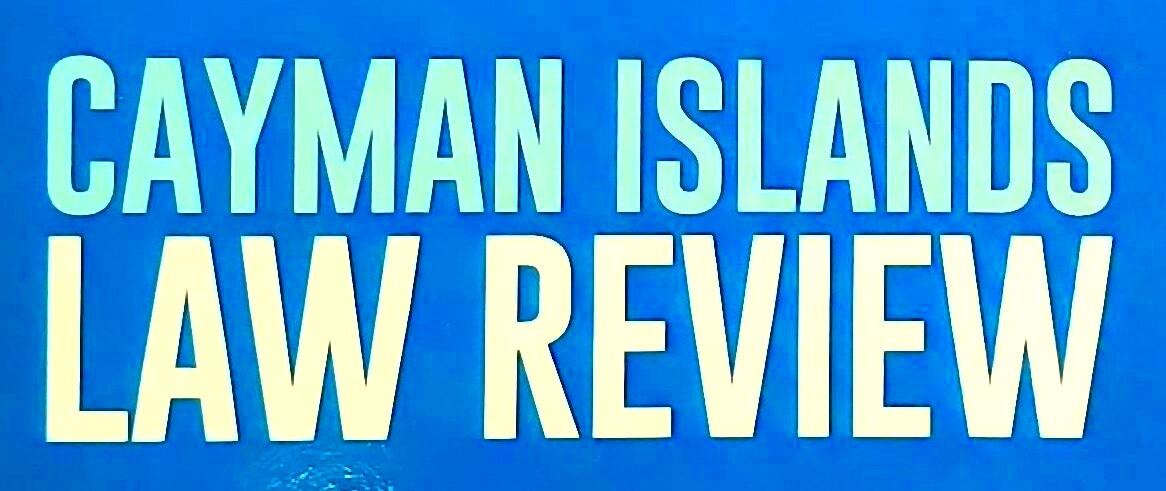
The trust laws in the Cayman Islands are set up to provide both protection and adaptability. After going through this process I can attest to how effectively it caters to different trust setups. Lets take a closer look at the elements.
- Trust Law: The Cayman Islands Trusts Law, 2021, governs the creation and administration of trusts. It provides a comprehensive set of rules that ensure trusts are managed efficiently and fairly.
- Trustees: Trustees in the Cayman Islands must adhere to strict fiduciary duties, which include acting in the best interests of the beneficiaries and managing the trust assets prudently. This legal obligation helps maintain trustworthiness and reliability.
- Regulatory Oversight: The Cayman Islands Monetary Authority (CIMA) oversees financial services, including trust management, ensuring that institutions comply with international standards and regulations.
- Legal Precedents: The legal system in the Cayman Islands is based on English common law, with a wealth of judicial precedents that guide trust disputes and administration. This provides a stable and predictable legal environment.
- Confidentiality and Privacy: The legal framework also supports stringent confidentiality rules, protecting the privacy of trust arrangements and the individuals involved.
How to Set Up a Trust in the Cayman Islands
Establishing a trust in the Cayman Islands can be relatively easy if you plan ahead. Based on my insights here’s a breakdown to assist you in the process.
- Consult a Professional: Start by consulting with a qualified trust advisor or attorney who specializes in Cayman trust law. They can provide personalized advice and guide you through the process.
- Define Your Objectives: Clearly outline your goals for the trust. This could include asset protection, estate planning, or charitable purposes. Knowing your objectives will help in structuring the trust effectively.
- Select Trustees: Choose reliable and competent trustees. They will be responsible for managing the trust according to your wishes and legal requirements. Trustees can be individuals or institutions with expertise in trust management.
- Draft the Trust Deed: Work with your advisor to draft a trust deed that outlines the terms and conditions of the trust. This document is crucial as it dictates how the trust will be administered and how assets will be distributed.
- Transfer Assets: Transfer the assets you wish to place in the trust. This may include cash, real estate, or other investments. The process of transferring assets will be guided by your trust advisor.
- Registration and Compliance: Ensure that the trust complies with local regulations and is registered if required. Your advisor will assist with any necessary filings or documentation.
- Review and Update: Periodically review the trust to ensure it continues to meet your needs and complies with any legal changes. Regular updates help maintain the trust’s effectiveness over time.
Common Issues and Considerations
Establishing and overseeing a Cayman trust can be a fulfilling journey yet it does present its own set of obstacles. Through my interactions with clients I’ve come to realize that being mindful of challenges can assist you in navigating the process more seamlessly. Here are some considerations and potential issues to keep in mind.
- Trustee Selection: Choosing the right trustee is crucial. A trustee must be reliable and capable of managing the trust’s assets according to your wishes. If you select someone who lacks experience or commitment, it can lead to mismanagement.
- Legal Costs: Setting up a trust involves legal fees, which can vary depending on the complexity of the trust. It’s important to budget for these costs and ensure you understand all potential expenses upfront.
- Regulatory Changes: Laws and regulations governing trusts can change. Staying informed about legal developments in the Cayman Islands is essential to ensure your trust remains compliant.
- Complexity of Assets: Managing diverse or complex assets can be challenging. For example, if your trust includes international investments or properties, it may require additional expertise to handle.
- Family Dynamics: Trusts can sometimes cause conflicts among family members. Clear communication and proper planning can help mitigate these issues, ensuring that your wishes are understood and respected.
Trust Administration and Compliance
After establishing your Cayman trust it’s important to manage it diligently and comply with regulations. Through my interactions with trust administrators I’ve witnessed the significance of these responsibilities in ensuring the trusts success. Lets take a closer look at what this entails.
- Record Keeping: Accurate record-keeping is vital. Trustees need to document all transactions, decisions, and communications. This not only helps in managing the trust effectively but also ensures transparency and accountability.
- Regular Reviews: Regularly reviewing the trust’s performance and its alignment with your goals is important. This might involve assessing investments, updating beneficiaries, or revising terms as circumstances change.
- Compliance with Laws: Trustees must ensure that the trust complies with all applicable laws and regulations. This includes tax laws, reporting requirements, and any changes in Cayman trust legislation.
- Beneficiary Communication: Keeping beneficiaries informed about the trust’s status and their entitlements is essential for maintaining trust and avoiding disputes. Regular updates can help manage expectations and ensure everyone is on the same page.
- Professional Advice: Regular consultations with legal and financial professionals can help address any issues that arise and keep the trust running smoothly. Their expertise can be invaluable in navigating complex situations.
Frequently Asked Questions
When it comes to Cayman trusts, individuals tend to have various inquiries. After addressing numerous such questions throughout the years I recognize the significance of tackling common concerns. Below are some frequently asked questions.
- What is the difference between a discretionary trust and a fixed trust? A discretionary trust allows the trustee to decide how and when to distribute assets among beneficiaries, offering flexibility. In contrast, a fixed trust specifies the shares of each beneficiary in advance, providing clarity but less flexibility.
- How can I ensure my trust remains compliant with the law? Regularly review the trust’s terms and consult with legal experts to stay updated on any regulatory changes. Proper record-keeping and adherence to local laws are crucial for compliance.
- Can a Cayman trust protect my assets from creditors? Yes, Cayman trusts are known for their strong asset protection features. They can shield assets from creditors and legal claims, offering a layer of security for your wealth.
- What are the costs associated with setting up and maintaining a Cayman trust? Costs can vary depending on the complexity of the trust and the services required. It typically includes legal fees, trustee fees, and possibly additional charges for managing specific assets.
- Can I change the terms of the trust once it’s set up? Yes, depending on the type of trust and its provisions, you may be able to amend its terms. However, significant changes might require legal advice and could affect the trust’s effectiveness.
Conclusion
Getting a grip on Cayman Trust Law might feel overwhelming at the beginning. However it can be an incredibly useful tool for safeguarding and managing your assets. Based on my own experiences I’ve witnessed how well crafted trusts can bring peace of mind and ensure that your financial matters are taken care of according to your preferences. Whether you’re thinking about establishing a trust for protection, estate planning or simply to take advantage of the tax benefits the Cayman Islands provide a strong and adaptable legal system. The key is to approach the process, with careful preparation and seek guidance to navigate any challenges. When handled effectively trusts can be a way to secure your legacy and support future generations.
